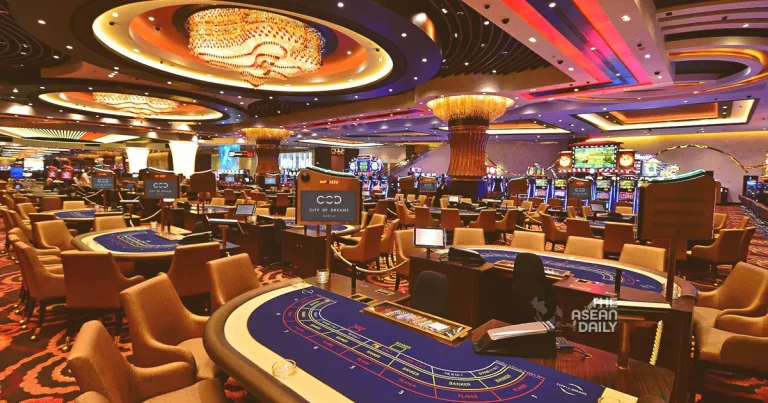15-3-2024 (MANILA) The Philippines is poised to surpass Singapore as Asia’s second-largest gambling hub next year, trailing only behind Macau, according to Alejandro Tengco, Chairman and CEO of the Philippine Amusement and Gaming Corp. (Pagcor). Tengco made this statement during an interview at his office on Tuesday, highlighting the forthcoming opening of a new integrated resort by billionaire Enrique Razon’s Bloombery Resorts Corp. in Manila, along with plans for up to eight additional casino projects.
Tengco revealed Pagcor’s intention to divest state-run casinos by early 2026, with the aim of stimulating further growth in the industry. He noted that if Singapore’s gambling sector does not expand, the Philippines could overtake it as early as next year. The Philippines anticipates gross gaming revenue to reach a record 336 billion pesos ($6.1 billion) this year, surpassing last year’s high of 285 billion pesos.
While the Gambling Regulatory Authority of Singapore declined to comment on Tengco’s remarks, citing financial statements of integrated resorts Genting Singapore Ltd and Las Vegas Sands Corp, Tengco estimated Singapore’s annual gross gaming revenue to be around $6 billion.
Manila is banking on its integrated resorts and casinos to drive tourism, which has been severely impacted by the Covid-19 pandemic. The country aims to attract 7.7 million foreign tourists this year, compared to 5.45 million in 2023, still below the pre-pandemic level of 8.26 million in 2019.
Future casino developments, with estimated costs of up to $1.2 billion, are planned for Manila, the former US airbase Clark, as well as popular tourist destinations like Cebu and Boracay. Tengco emphasized that expanding into new markets would attract new customers, mitigating the impact of slower Chinese tourist arrivals.
Despite a significant decline in Chinese tourist arrivals last year, Philippine casinos continue to attract locals and visitors from South Korea, Japan, Malaysia, and Singapore. Tensions between the Philippines and China over territorial disputes in the South China Sea have contributed to the decline in Chinese tourist numbers.
In addition to traditional brick-and-mortar casinos, the Philippines is also expanding its online gambling industry, which accounted for a fifth of the country’s gross gaming revenue last year. Pagcor plans to launch its own online gaming platform later this year, seeking a joint venture partner to operate it.
Pagcor aims to privatize its Casino Filipino brand, consisting of 41 predominantly small casino outlets, to focus solely on regulatory functions. Tengco outlined plans to bundle and sell these casinos by late next year or early 2026, expecting to raise 60 billion to 80 billion pesos from the sale. Additionally, the planned gaming website will be included in the privatization efforts.
“If we successfully privatize our assets, investors will have greater confidence to invest,” Tengco remarked, highlighting Pagcor’s unique position as both a regulator and casino operator, a role it aims to separate as part of its long-term strategy.




